Charcoal is one of skincare’s all-natural superstars. That’s right, the grey-black stuff we usually associate with entry-level art supplies could very well be your skin’s long-awaited lifesaver.
It can benefit your skin in multitude of ways, from clearing your complexion to reducing signs of premature aging.
Curious about how charcoal can help you achieve fresh, radiant skin? Read on to find out!
A Brief Introduction to Charcoal
So, what is it that makes activated charcoal so great for the skin?
It might help to know a little bit about this all natural skin care ingredient fist.
Charcoal is a porous black solid which is derived from half-burnt wood combined with other materials.
When applied to the skin, activated charcoal acts as a magnet for toxins, which means it has immense purifying properties.
Moreover, charcoal is extremely gentle on the skin, which means it can be used even by the most sensitive skin types.
These days, you won’t have trouble finding charcoal-enriched products lining supermarket shelves.
However, you can also make your own concoction.
There are a myriad of ways in which you can introduce charcoal into your skin care regimen.
The most obvious one is facial masks, but activated charcoal can also be used for cleansing, spot treatment and even as scalp remedy.
Because it’s such a potent agent, charcoal should be used in small doses. It can also be combined with other skin-soothing ingredients, such as Aloe Vera, tea tree oil or rose water.
It Purifies the Skin
One of the most well-known facts about charcoal is that it has immense detoxifying properties.
When it comes to skin care, this can be especially beneficial for people whose skin care tends to be exposed to environmental pollutants, such as city pollution or harsh weather conditions.
Even if you do cleanse your face regularly, on some occasions your complexion will require a more thorough detox from all the pollutants that are clogging up your skin.
By regularly treating your face to activated charcoal, you will actively assist your skin in eradicating any bacteria and other irritants which are contributing to breakouts, sullen complexion, irritation and other imperfections.
Since charcoal is extremely potent for deep cleanse purposes, it is advised not to use it every day, as doing so risks dehydrating your skin.
Instead, treat your skin to a detoxifying charcoal mask once or twice a week, either on its own or combined with other skin-pepping ingredients.
This way, you will provide a more thorough purification for your pores without ridding them of their natural oils that keep your complexion soft and radiant.
It Minimizes the Appearance of Pores
Prominent pores are one of the most elusive skin care issues – it seems that, no matter what you do, you can’t seem to make them less visible.
If this particular skin care issue has been bothering you, we have both good and bad news: pores cannot be physically shrunk; however, you can minimize their appearance by keeping your skin clean and tight. And charcoal can be indispensable in achieving just that.
Thanks to its powerful detoxifying properties, charcoal has the ability to penetrate deep inside the pores and successfully dislodge all the dirt, pollutants and excess oils that are amassed inside.
The popularity of charcoal as a pore-shrinking treatment is evidenced by a slew of Instagram posts, blog entries and YouTube videos in which people test out just how much gunk charcoal is able to extract from the skin.
And while store-bought iterations of the pore-purifying charcoal masks are often accompanied with glue (an ingredient that can be damaging to the skin), you can make a healthier DIY alternative with just a few ingredients.
You will need:
- 2 capsules of activated charcoal
- 1 teaspoon bentonite clay
- 1 teaspoon water
- 1 teaspoon apple cider vinegar
Mix all the ingredients, then use a brush to apply the mixture on your face. You can spread it all over your face or only on the areas where you are experiencing enlarges pores, such as your nose, forehead or chin.
Leave the concoction on for about 15 minutes, until you feel your skin getting tight.
Gently rinse the mask using lukewarm water. Apply toner and hydrating cream to restore the moisture levels in the skin.
It Evens Out Your Skin Tone
Some skin care woes are pretty obvious and easy to diagnose, e.g. acne or rosacea.
Others, however, might be harder to pin down and, consequently, treat.
For example, you might notice that your complexion is not having the best of times – whether that means dull skin, perpetual gray cast or dehydrated feel that never seems to go away.
The phenomenon of sallow complexion occurs when your skin is experiencing an excessive buildup of dead skin cells and other types of pollutants on the very outer surface.
In order to balance and brighten up your skin tone, you need to include a more serious exfoliating step into your skin care routine.
You’ll be pleased to hear that charcoal can actually be very effective in helping you restore the healthy, radiant complexion.
It does this by stripping off your skin from all the dried out and overly oily residue that is clogging up your pores and sullying your complexion.
Charcoal has an instant brightening effect and, when used regularly, it can certainly make your skin tone look youthful and vibrant.
To perk up your complexion, make sure to include an activated charcoal mask treatment in your usual beauty regiment. Applying a charcoal-infused face mask every once in a while will help promote healthy, glowing skin.
It Remedies Irritated Skin
When you have hypersensitive skin, the trickiest part is to find ingredients that will successfully reduce irritation.
This process usually involves testing and trying different products, which can be a double-edged sword, as it exposes your skin to potential allergens.
Luckily, mother nature has gifted us with a few ingredients that are a true godsend for allergy-prone skin.
And you can bet that charcoal is one of them.
This natural ingredient is an ideal skin care addition for people who need to purify their complexion without causing even more irritation.
Charcoal acts by attracting microbes and excess oils from the face while still remaining super mild on the skin.
As such, it can be used by people whose skin falls into the sensitive category, as well as persons affected with rosacea and other inflammatory skin condition.
Moreover, charcoal can also be used for acute skin irritation, i.e. allergies, bites, cuts, etc.
Thanks to its toxin-banishing properties, charcoal can effectively treat bites by sucking out the venom from the skin.
If you want to make a quick DIY ointment for your bite or cut, add a little bit of water to your charcoal powder. Mix until your reach paste-like consistency, then apply the mixture to the affected area for about 20 minutes. Remove the paste and rinse with lukewarm water.
It Makes for Amazing Acne Treatment
It is estimated that nine out of ten people suffer from acne at some point in their life.
Not only can this common skin condition be incredibly irritating and even physically painful, it can also be an emotional burden on the affected person.
Of course, the beauty industry is absolutely brimming with all stripes of product that promise to solve this problem in the shortest amount of time.
However, testing and trying out what will work for your when your skin is already aggravated is something you’d want to avoid, as introducing potential irritants can only make your acne worse.
Your best strategy is to go for soothing, yet antimicrobial ingredients which will rid your complexion of acne-inducing bacteria without upsetting your skin.
Lucky for you, charcoal might be one of the best ingredients to do just that!
The effect of activated charcoal on your skin is twofold: first, it attracts all the dirt and bacteria that are causing your acne to flare up and, second, it soothes any inflammation in the area affected by acne.
As such, it makes for a great addition for any skin care regimen which aims to eliminate this issue.
Activated charcoal can either be used as a face mask or as a spot treatment on acne affected areas.
For even better results, you can combine charcoal with another anti-inflammatory ingredient to treat your acne.
Here is an idea for a charcoal mask that can be effective in reducing acne.
You will need:
- ½ activated charcoal capsule
- 1 teaspoon Aloe Vera gel
- 1 drop tea tree oil
Combine all the ingredients in a bowl and mix them well. Use a clean brush (flat foundation brushes can be useful for this purpose) to apply the mask on the entirety of your face or only on the acne-affected areas.
Leave it on for about 20 minutes, rinse with lukewarm water and pat your skin dry with a clean, soft towel.
For optimal effect, make sure to apply this mask on your skin once or twice a week.
It Helps Regulate Oily Skin
When your skin tends to be on the oilier side, it’s tricky to find ingredients that won’t either a) only contribute to more grease or b) cause your skin to break out.
Sometimes, it’s best to turn to nature-derived agents for efficient, irritation-free results.
And charcoal is one of the most hailed ingredients when it comes to balancing oil levels in the skin.
Activated charcoal has the power to remove excess sebum (oils which your skin naturally produces) and leave your complexion feeling smooth and clear.
The best way to treat oily skin to this magical ingredient is via a charcoal mask.
For optimal results, apply a face mask once or twice a week. Try not to overdo it, as it might lead to overly dry skin.
Once you’ve removed the charcoal mask, always remember to restore the pH balance of your skin’s by treating it to a hydrating toner.
You can retrieve the moisture by applying a lightweight, water based face cream that was specifically formulated for oily skin.
It Soothes Irritated Scalp
There are many underlying reasons for irritated scalp. This condition can be brought on by harsh weather, overly abrasive hair products and even over washing. In some cases, overly dry scalp can also indicate a more serious skin condition, such as seborrheic dermatitis.
Whatever the cause, irritated scalp is often accompanied with excess dandruff or itchiness, both of which can be frustrating to deal with on a day-to-day basis.
Now, we have already established how charcoal can help remedy irritated complexions, but did you know it had the power to do the same for the skin on the top of your head?
That’s right, if you suffer from irritated scalp, charcoal might be the ideal treatment for you.
Because of its gentle, anti-inflammatory properties, activated charcoal can soothe the skin on your scalp, but also cleanse your follicles from any bacteria, excess sebum and dead skin cells which might be causing further irritation.
That’s why it might be a good idea to invest in a shampoo or other hair products that are enriched with activated charcoal.
Use the formula to gently massage your scalp; this will help stimulate blood flow and bring more oxygen and moisture into your follicles.
As amazing as charcoal can be for your scalp and hair, if you’re dealing with itchiness and irritation, try not to wash your hair too often so as to not strip your follicles of their natural oils.
Are you convinced in the amazing powers of charcoal yet? Whether your skin is oily, sensitive or normal, this nature-derived skin care powerhouse will make sure you achieve complexion that’s clear, calm and balanced.

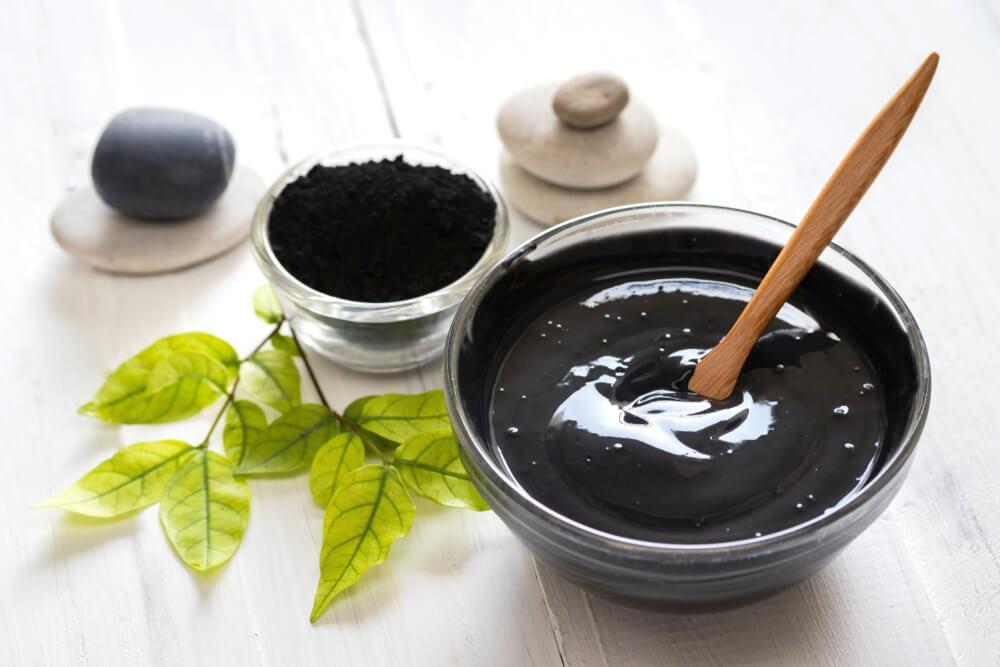
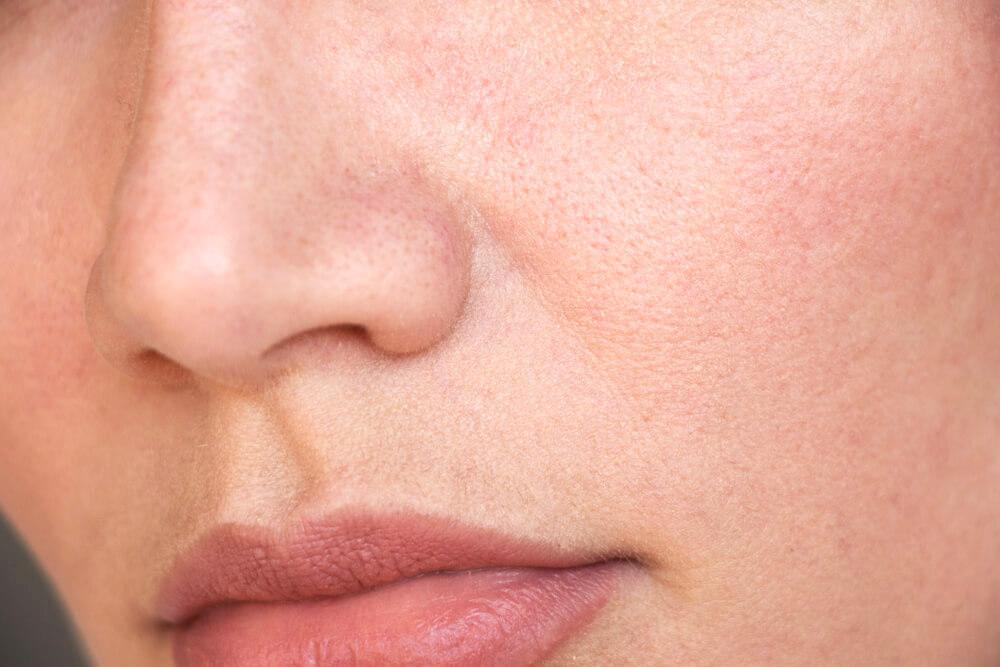
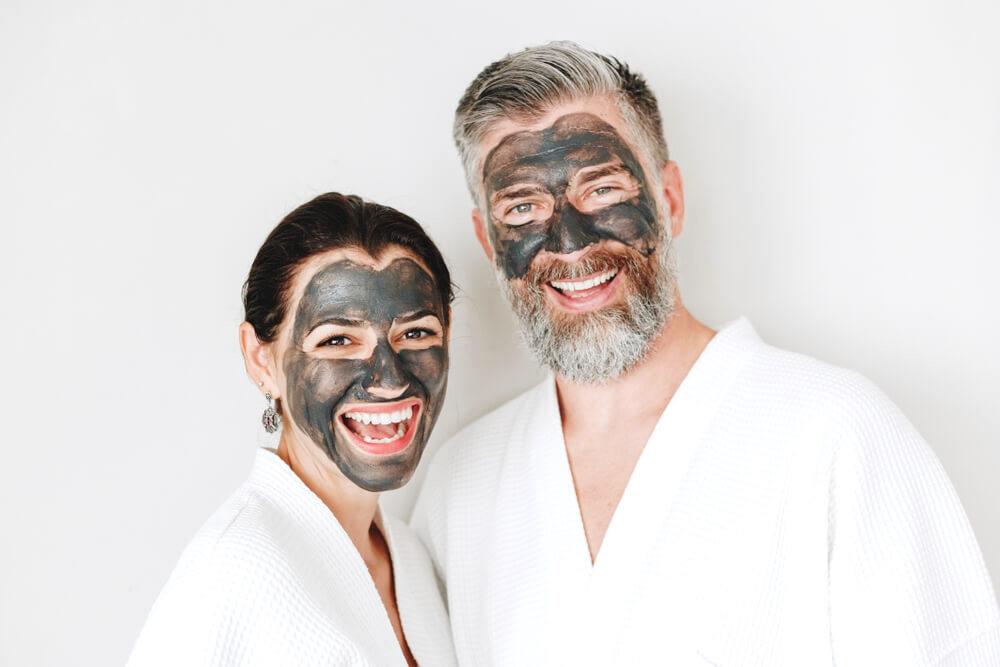
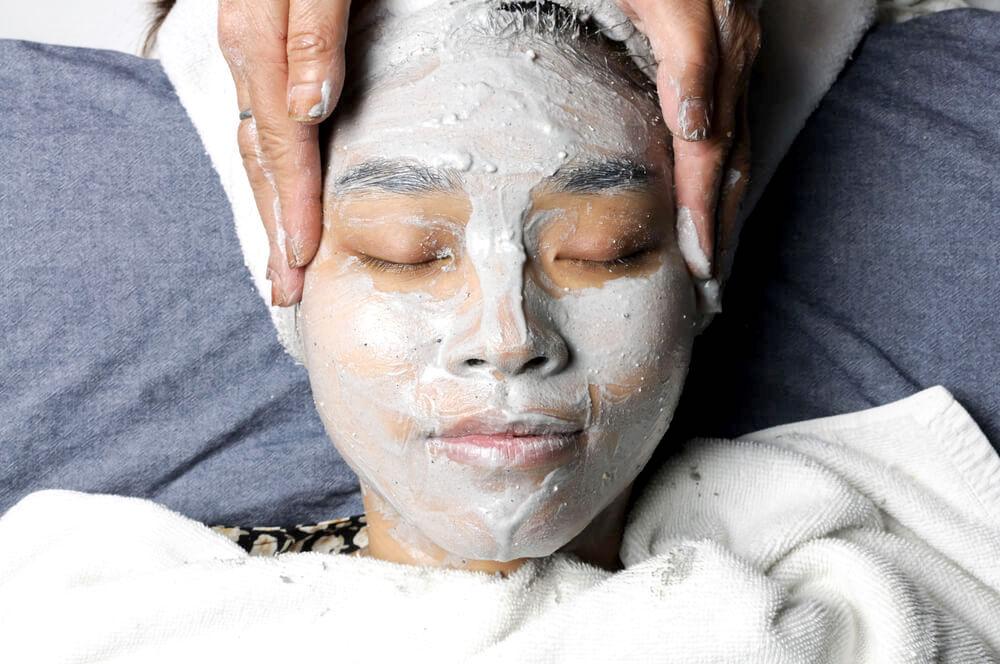

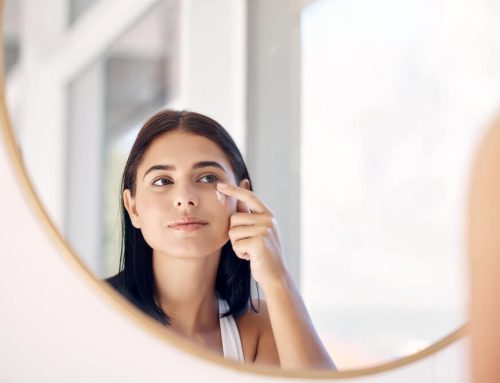


Leave A Comment